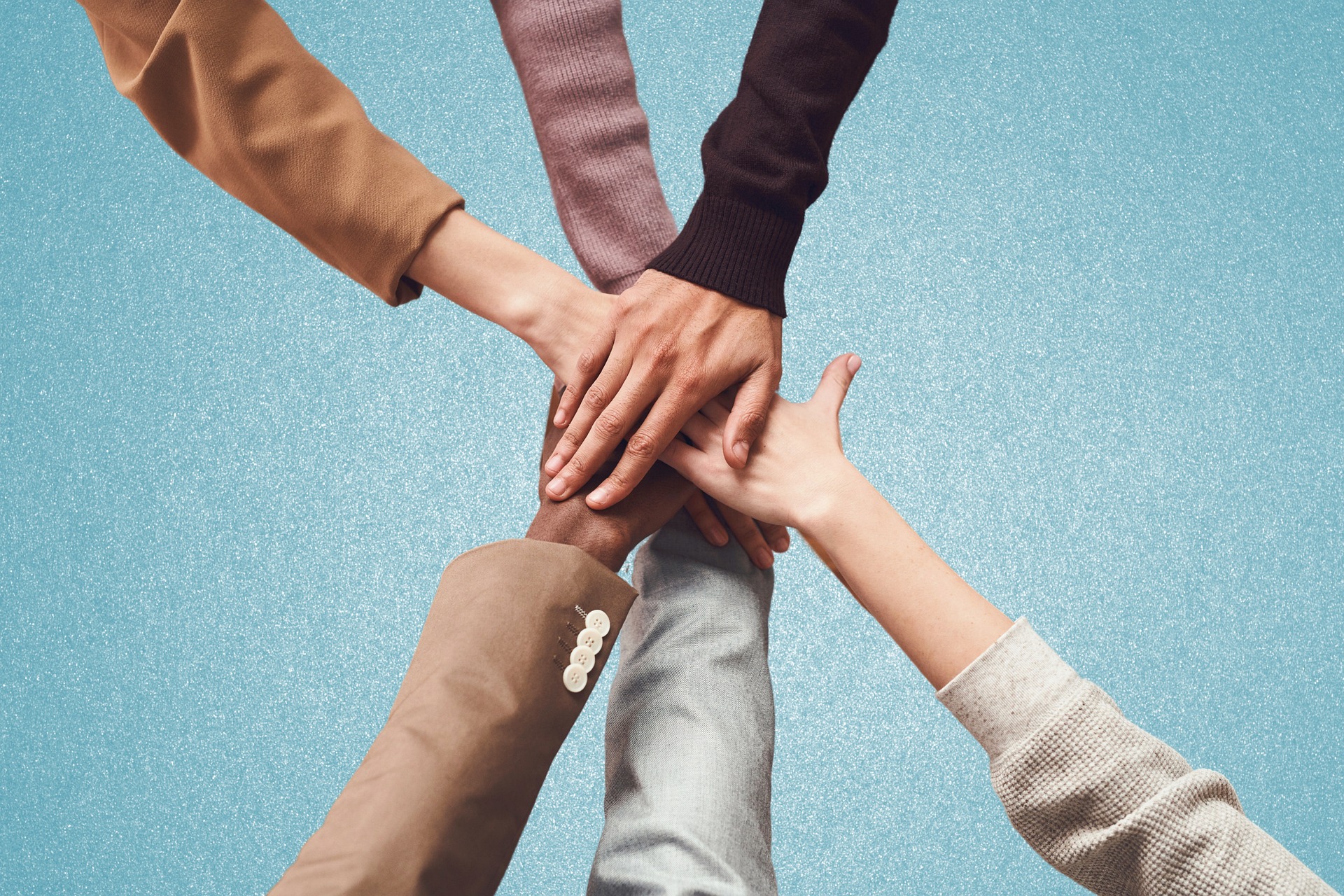Singlehood Surge: Redefining Adulthood in Contemporary Society
The traditional markers of adulthood - marriage, homeownership, and parenthood - are experiencing a seismic shift. A growing number of adults are embracing singlehood as a valid life choice, challenging societal norms and reshaping the concept of personal fulfillment. This phenomenon is not just a passing trend but a profound societal change with far-reaching implications.

The solo living trend is not limited to young adults. Many middle-aged and older individuals are also embracing singlehood, either by choice or circumstance. This demographic shift has profound implications for urban planning, housing markets, and social services.
Redefining Success and Happiness
Traditionally, society has equated success and happiness with marriage and family life. However, the singlehood surge is challenging these long-held beliefs. Many singles report high levels of life satisfaction, citing freedom, personal growth, and strong social connections as key factors in their happiness.
This shift in perspective is reshaping cultural narratives around fulfillment and self-actualization. Media representation of single characters has evolved, moving away from stereotypes of loneliness and incompleteness towards portrayals of empowered, content individuals living rich, multifaceted lives.
Economic Implications of the Singlehood Surge
The increasing number of singles is having a significant impact on various sectors of the economy. Industries catering to solo consumers, such as travel, dining, and entertainment, are experiencing growth. The real estate market is adapting to meet the demands of single homeowners, with a rise in smaller, more efficient living spaces.
On the flip side, industries traditionally reliant on couples and families, such as wedding planning and family-oriented products, are facing challenges. This economic shift is prompting businesses to reevaluate their strategies and product offerings to appeal to the growing single demographic.
Societal Structures and Support Systems
As more people embrace singlehood, there is a growing need for societal structures and support systems that cater to this demographic. This includes addressing issues such as social isolation, financial planning for single individuals, and creating inclusive community spaces.
Some cities are taking proactive steps to support their single populations. For example, co-living spaces are gaining popularity, offering a blend of privacy and community. Additionally, social clubs and interest groups catering to singles are flourishing, providing opportunities for connection and shared experiences.
The Future of Relationships and Family Structures
The singlehood surge does not necessarily mean the end of long-term relationships or family formation. Instead, it is leading to a diversification of relationship models and family structures. Many singles are forging strong bonds with friends, creating chosen families that provide emotional support and companionship.
Alternative family structures, such as co-parenting arrangements between friends or single parents by choice, are becoming more common and accepted. This evolution in family dynamics is challenging legal and social systems to adapt and provide recognition and support for these non-traditional family units.
Navigating Societal Expectations and Pressures
Despite the growing acceptance of singlehood, many individuals still face societal pressure to conform to traditional relationship norms. This pressure can come from family, friends, or cultural expectations. Navigating these expectations while staying true to one’s personal choices can be challenging.
Support groups and online communities have emerged to help singles cope with these pressures and celebrate their lifestyle choices. These platforms provide a space for sharing experiences, offering advice, and fostering a sense of belonging among like-minded individuals.
Health and Well-being in Singlehood
Research on the health implications of singlehood has yielded mixed results. While some studies suggest that married individuals tend to have better health outcomes, others highlight the potential benefits of singlehood, such as reduced stress and greater personal autonomy.
The key to maintaining good health and well-being as a single person lies in cultivating strong social connections, engaging in self-care practices, and pursuing personal interests and passions. Many singles report that the freedom to prioritize their own needs and desires contributes positively to their overall well-being.
Technology and the Single Life
Technology plays a significant role in shaping the single experience in modern society. Dating apps and social media platforms have revolutionized the way singles connect and form relationships. While these tools offer unprecedented opportunities for meeting new people, they also present challenges such as digital burnout and the paradox of choice.
Beyond dating, technology is also helping singles manage various aspects of their lives more efficiently. From meal planning apps for solo cooks to virtual assistants that help with household management, tech innovations are making solo living more convenient and enjoyable.
Embracing Diversity in Life Choices
The singlehood surge represents a significant shift in societal norms and values. As more individuals choose to remain single, either temporarily or long-term, it is crucial for society to adapt and create inclusive spaces that celebrate diverse life choices.
This trend challenges us to reexamine our assumptions about happiness, success, and fulfillment. By embracing the diversity of human experiences and relationships, we can create a more inclusive and understanding society that values individual choices and recognizes multiple paths to a meaningful life.
As we move forward, it is essential to continue studying and discussing the implications of this societal shift, ensuring that our social structures, policies, and cultural narratives evolve to support and celebrate the rich tapestry of human experiences, including the choice of singlehood.






